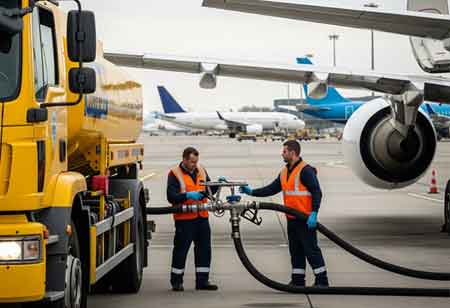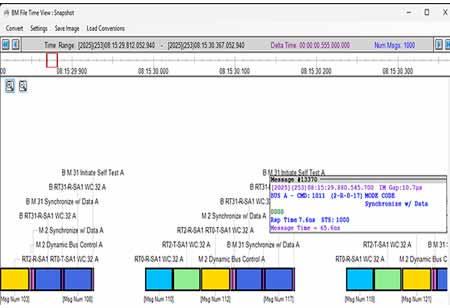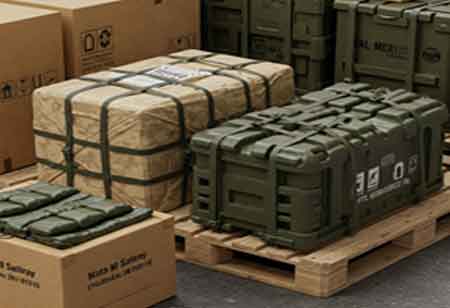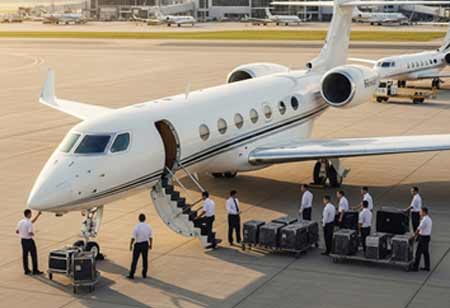Aircraft fueling service is vital to aviation ground operations, directly influencing the air transport industry's efficiency, safety, and environmental performance. As aviation activity expands globally, precise, timely, and secure fueling processes become increasingly significant. This specialized service ensures that aircraft receive the correct type and amount of fuel under tightly regulated conditions, supporting flight schedules and operational continuity. Beyond its logistical function, aircraft fueling is also at the center of technological innovation and sustainability initiatives, making it a strategic area of focus for airports, airlines, and fuel providers.
Market Dynamics in Aircraft Fueling Services
The aircraft fueling service industry plays a critical role in ensuring the seamless operation of global air transportation. As commercial, cargo, and private aviation expand, the demand for timely and efficient fueling solutions remains strong. The industry's current direction is shaped by the growing complexity of airport logistics and an emphasis on minimizing aircraft turnaround times. Fueling providers are expected to meet high-speed, precision, and safety standards while adapting to changing technological and environmental requirements.
One of the main trends shaping the market is the rise in integrated fuel management systems. These systems allow real-time tracking of fuel inventory, usage rates, and scheduling, significantly improving coordination between ground services and airline operators. Another significant trend is the global shift toward sustainability. Aircraft fueling is transforming due to the aviation industry's goal of reducing carbon emissions. This has led to the gradual integration of sustainable aviation fuel (SAF) into regular fueling operations.
The industry is witnessing increased stakeholder collaboration to standardize processes and ensure service quality. Airports invest in advanced fueling infrastructure and safety protocols, while airlines seek more transparent and cost-effective fueling agreements. The regulatory environment is also becoming more active, pushing for higher environmental and operational compliance. These market dynamics are shaping a fueling service sector that is more advanced, accountable, and aligned with the evolving priorities of the global aviation industry.
Operational Complexities and Integrated Solutions
Aircraft fueling services operate within a highly structured and sensitive environment, and several operational challenges must be addressed to ensure efficiency and safety. Managing fueling operations during high traffic or adverse weather conditions is a significant challenge. Delays in aircraft refueling can lead to substantial disruptions in flight schedules. To address this, digital dispatch systems and predictive scheduling algorithms are employed. These systems prioritize fueling based on departure times, fuel requirements, and gate assignments, thus minimizing bottlenecks and improving coordination.
Fuel quality management is another critical issue. Jet fuel must remain uncontaminated and within strict specification limits from when it is delivered to an airport to when it enters an aircraft. Moisture, foreign particles, and improper storage conditions compromise fuel quality. Service providers employ advanced filtration systems to mitigate this, conduct frequent quality checks, and use sealed transfer methods. In addition, underground hydrant systems are being adopted in larger airports, reducing the need for fuel trucks and lowering the risk of contamination during transfer.
Environmental compliance presents a further layer of complexity. Fueling operations must meet stringent regulations regarding emissions, fuel spillage, and hazardous material handling. One practical solution is using vapor recovery systems that capture harmful emissions during fueling. Electric or hybrid refueling vehicles are being introduced to decrease the carbon footprint of ground operations. Staff training on environmentally responsible practices ensures that these regulations are consistently met.
Safety and security are ever-present concerns. Since fueling activities occur close to passengers, personnel, and other aircraft, they must be conducted precisely. RFID technology and geofencing solutions help monitor the movement of fuel trucks and personnel within restricted airside zones. Fueling personnel are increasingly supported with wearable communication devices and mobile apps that provide real-time instructions and safety updates, thus reducing the chance of human error.
Another challenge is aligning diverse fueling standards across different international airports. Variability in local regulations and operational procedures can cause inefficiencies. To address this, global aviation authorities are developing unified operational guidelines for fueling services. Adherence to these frameworks enhances consistency and reduces training overhead for fueling staff working across multiple regions.
Emerging Potential and Technological Growth in Fueling Operations
The aircraft fueling service sector holds considerable promise, particularly through technological innovation and sustainability-focused advancements. The integration of automation is reshaping how refueling is conducted. Robotic fueling arms and autonomous refueling trucks are beginning to supplement traditional fueling methods, allowing faster and safer operations. These systems also reduce the dependency on manual labor, lowering operational costs and human-related errors.
Digital fuel management platforms are another development area that enhances operational intelligence. These platforms provide data on fuel demand forecasting, consumption patterns, and efficiency metrics, helping airlines and service providers make more informed decisions. They also facilitate electronic billing and audit trails, increasing financial transparency and simplifying reconciliation processes.
The growing use of sustainable aviation fuel is a significant advancement that benefits all stakeholders. SAF contributes to emission-reduction goals and drives fuel production and distribution innovation. Fueling service providers are adapting by investing in infrastructure supporting SAF blending and storage, enabling a smoother transition for airlines seeking to adopt greener fuel alternatives.









